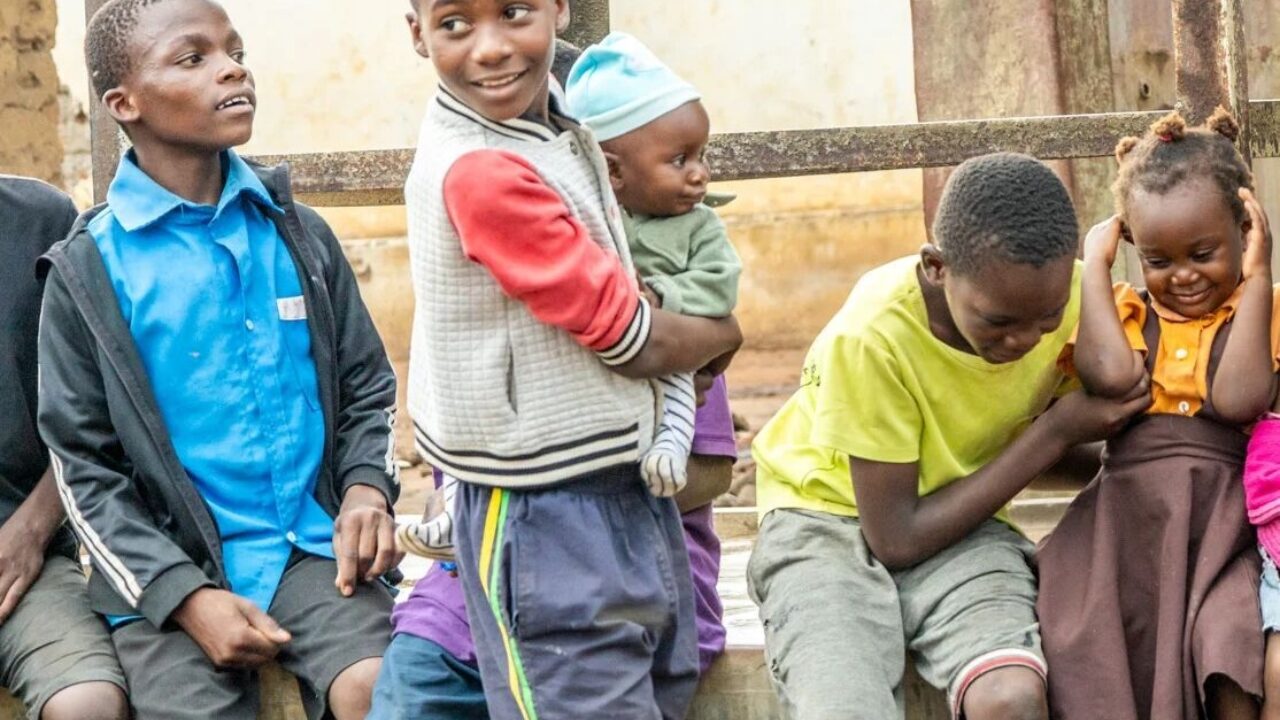Today, approximately one million pregnant women around the world are infected with a disease that causes severe problems for the unborn child. Each year, congenital syphilis infections result in a combined 200,000 stillbirths and neonatal deaths, plus over 100,000 debilitating disabilities in children.
The tragedy is that much of this suffering can be prevented. Penicillin, through a single, inexpensive injection, is widely used to treat syphilis and can prevent over 80% of adverse outcomes in babies. Yet, maternal syphilis remains one of the most under-funded and globally neglected threats to children’s health.
One of the simplest ways to tackle this threat to children’s health is to increase testing rates among pregnant women. Most pregnant women with syphilis already attend antenatal care and could have been treated for syphilis, but were not tested because of a lack of resources and technical support for management of sexually-transmitted infections.
While this challenge has been acknowledged, only now is new technology available that can close the testing gap cost-effectively. New dual HIV/syphilis rapid tests allow health care providers to screen and treat women on the day of their first antenatal care appointment. These tests require a single fingerprick, can be easily administered by midwives and nurses, and yield clear results for both HIV and syphilis infections in only fifteen minutes.
It is this combination of the scale of the problem, breakthrough technology, and potential for cost-effective impact on the lives of mothers and children, that caused our Accelerator to evaluate this intervention through its selection process.
“Countries are already testing for HIV, and now there is a dual test that produces results for both HIV and syphilis, so if we can switch out the existing HIV test for this new dual test, we can rapidly increase syphilis testing rates,” explains Anna Konstantinova, Research Manager for Evidence Action’s Accelerator.
Part of the appeal of the dual tests is that countries can leverage their existing HIV funding to also address maternal syphilis, providing a highly cost-effective means of improving child health. The diagnostics and medicines needed to screen and treat a pregnant woman with active syphilis cost less than US$2.
One country that would benefit significantly from dual testing is Liberia. Due to the high syphilis prevalence within the country, the Liberian government has long wanted to tackle the issue of maternal syphilis. To successfully scale up a new service – syphilis testing and treatment – nationwide, key elements need to be in place. These include updated testing guidelines; procurement of the right volume of tests and medicines; product integration into the national supply chain through to health facilities; equipping health workers with the knowledge and materials they need for effective delivery; and program monitoring to assess take-up and identify gaps.
After speaking with the government and reviewing the current situation in Liberia, we believe that with our strategic support, Liberia has the potential to effectively scale up dual testing and syphilis treatment. To help the government do so, we plan to support program management and coordination; health provider training, mentorship, and supervision; commodity quantification, procurement, and supply chain management; and monitoring and evaluation.
According to our estimates, a successful scale up of dual testing in Liberia, would result in 800,000 women screened, and 16,000 women successfully treated for syphilis over the course of five years. We have now received a grant from GiveWell (www.GiveWell.org) to fund our support to the government over five years. This grant builds on the support that our Accelerator received from GiveWell’s Incubation Grants program in 2018 to support the creation and scale-up of promising interventions, including maternal syphilis.
Even in the face of the pandemic, Liberia’s Ministry of Health realized the importance of prioritizing maternal syphilis, and members of their staff spent their lockdown working with our team and other partners to create new HIV testing guidelines that recommend dual HIV/syphilis tests be used during women’s first antenatal care appointment.
Once Liberia gets a handle on the pandemic and begins to reopen, the government aims to initiate a nationwide training of healthcare workers in order to roll out the new testing guidelines.
“So the next set of work is to figure out what the scale up timeline looks like, who’s doing the training, what is the training curriculum, and then how do we follow up with trained facilities to see how well they’re doing and whether they need additional support,” explains Konstantinova.
Success in Liberia would also serve as a proof of principle for this approach, and plans to explore similar interventions in other geographies grappling with maternal syphilis are in the works. We are looking to identify two to four additional geographies that could also benefit from our support and learnings from dual test adoption in Liberia.
“We are trying to act urgently,” says Konstantinova. “Children are dying from syphilis that don’t need to die, and so to the extent that we can be as quick moving as we can to actually get these tests in use, that is our predisposition.”
A Preventable Tragedy: Tackling Maternal Syphilis in Liberia



